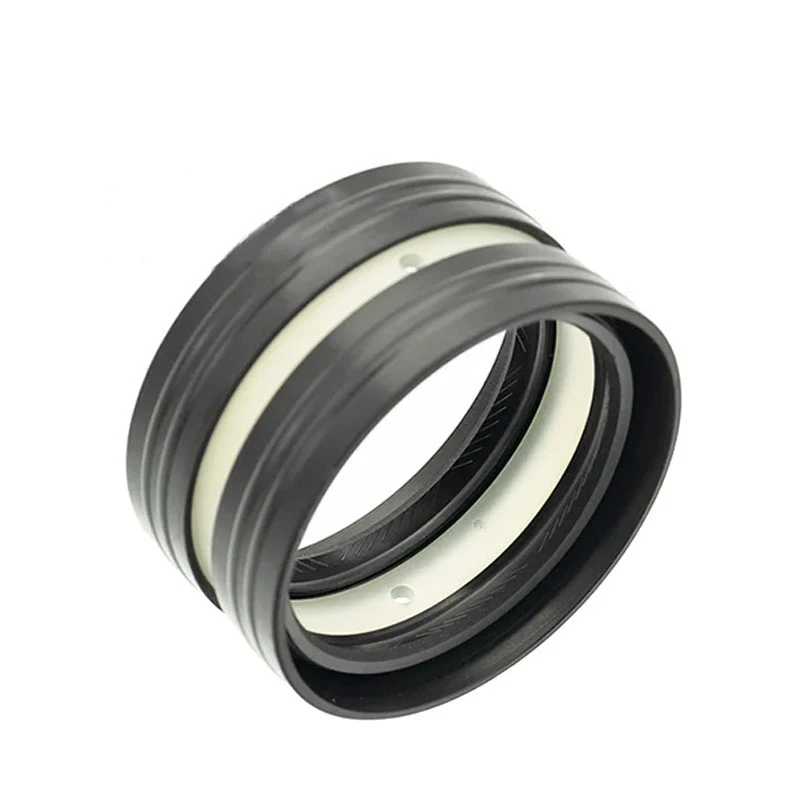Importance of Drain Bolt Washers for Efficient Leak Prevention and Maintenance
Understanding Drain Bolt Washers Importance and Maintenance Tips
When it comes to keeping mechanical systems functioning smoothly, the significance of seemingly small components like drain bolt washers cannot be overstated. These washers play a crucial role in preventing leaks in various machinery and systems, particularly in automobiles, boats, and industrial equipment. In this article, we will delve into the importance of drain bolt washers, their types, and maintenance tips to ensure their longevity and functionality.
What Are Drain Bolt Washers?
Drain bolt washers are designed to provide a sealing surface between the drain bolt and the component it is securing. This tight seal is vital for preventing oil, coolant, or any other fluid from leaking out of the system. Typically made from materials such as rubber, metal, or composite materials, these washers are engineered to withstand varying temperatures and pressures, ensuring they remain effective under different operational conditions.
The Importance of Drain Bolt Washers
The main function of a drain bolt washer is to ensure a leak-proof seal. A minor leak can lead to significant problems, including
1. Fluid Loss If the fluid escapes, it can lead to inadequate lubrication or cooling of the engine, transmission, or other critical components. This can ultimately result in mechanical failure.
2. Environmental Impact Leaking fluids can have harmful effects on the environment, contributing to soil and water pollution.
3. Cost Implications In addition to the cost of lost fluid, leaks can lead to expensive repairs if components become damaged due to inadequate lubrication or overheating.
4. Safety Hazards Leaks can create slippery surfaces, increasing the risk of accidents, especially in industrial settings. Additionally, the loss of crucial fluids can lead to critical failures in safety systems.
Types of Drain Bolt Washers
There are several types of drain bolt washers available, each suited for specific applications
drain bolt washer

1. Rubber Washers These are the most common type used in automotive applications due to their flexibility and ability to create a tight seal. They can withstand varying temperatures and are generally resistant to oil.
2. Metal Washers Metal washers are often used in high-temperature applications where rubber may fail. They are durable and can provide a robust seal, but they may require additional sealing compounds to prevent leaks.
3. Composite Washers Made from a combination of materials, composite washers aim to leverage the benefits of both rubber and metal, providing flexibility and strength. They are used in a variety of applications where both temperature and pressure fluctuations occur.
Maintenance Tips for Drain Bolt Washers
To ensure the reliability of drain bolt washers, regular inspection and maintenance are essential. Here are several tips
1. Regular Checks Periodically check the condition of the drain bolt washer, particularly after significant usage or overhauls. Look for signs of wear, cracking, or deformation.
2. Proper Installation Ensure that the washers are installed correctly with the appropriate torque specifications. Over-tightening can deform the washer, while insufficient tightening can lead to leaks.
3. Use Quality Replacement Parts When replacing drain bolt washers, opt for high-quality parts that are suitable for your specific application. Cheap substitutes may not provide the necessary sealing performance.
4. Environmental Awareness Be mindful of the operating environment. Exposure to extreme temperatures or corrosive substances can affect the integrity of the washers. Choose the right type for the conditions they will face.
5. Fluid Compatibility Ensure that the washer material is compatible with the fluids it will come into contact with. Incompatible materials can degrade and lead to leaks.
In conclusion, while drain bolt washers may seem minor, their role in ensuring the leak-proof operation of various systems is critical. By understanding their importance and regularly maintaining them, you can prevent leaks, protect the environment, and save on potentially costly repairs. Take the time to inspect and replace these vital components to ensure the longevity and safe operation of your machinery.
-
The Ultimate Guide to Car Repair Kits: Tools and Essentials Every Driver Should Own
News Aug.01,2025
-
The Complete Guide to Oil Pan Gaskets: Sealing Engine Leaks the Right Way
News Aug.01,2025
-
Preventing Oil Leaks: A Complete Guide to Oil Pan Gaskets and Drain Seals
News Aug.01,2025
-
Everything You Need to Know About Oil Pan Gaskets and Drain Plug Seals
News Aug.01,2025
-
Essential for Car Owners: How to Use a Car Repair Kit to Deal with Minor Breakdown
News Aug.01,2025
-
Comprehensive Guide to Engine Oil Sump Gaskets and Related Seals
News Aug.01,2025
-
The Ultimate Guide to Boat Propeller Bearings and Trailer Wheel Bearings
News Jul.31,2025
Products categories















